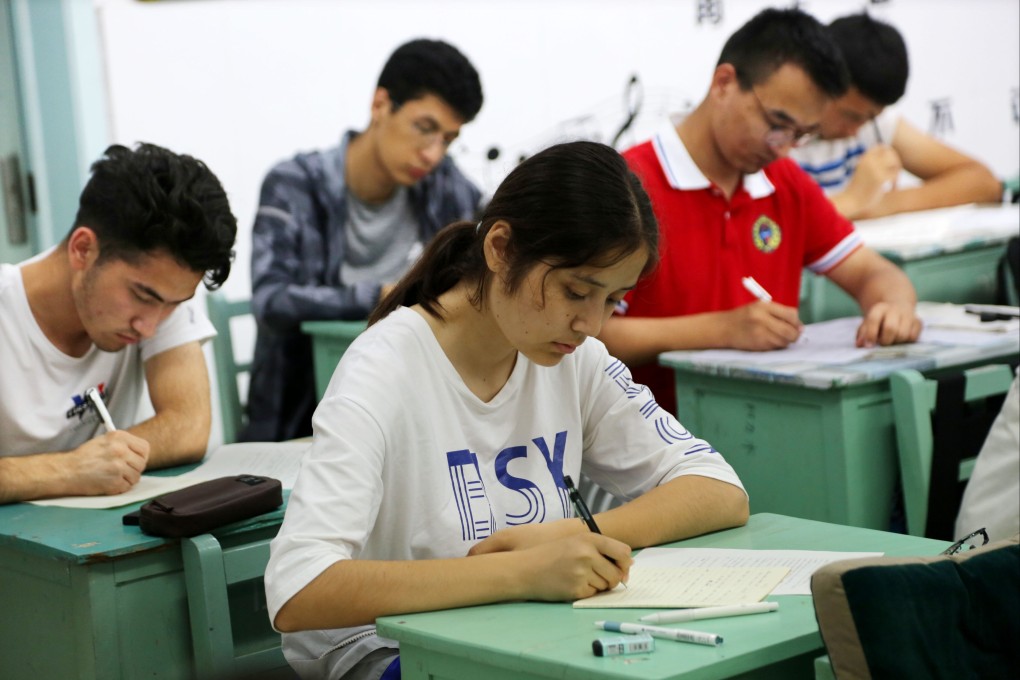Letters | Why China’s private tutoring ban is a double-edged sword
- Readers discuss the ban on private tutoring in China, the regulation of e-cigarettes and heated tobacco products, and India’s handling of Covid-19

This move could undoubtedly ease the pressure on schoolchildren who currently spend long hours studying. It is not a surprise to see children’s weekend schedules filled with private tutorials and homework, both assigned in school or from their private tutors.
The Chinese government believes that children spending their childhood hunched over workbooks is not healthy. Another reason for the government to implement this ban is that private tutoring was interfering with the schedules of in-class teachers. The ban could also prevent businesses profiting from the demand for private tuition by turning the tutoring companies into non-profits.
In general, this ban is a good start, helping alleviate the costs of raising a child and the pressure on youngsters. Should the Hong Kong government follow suit?
Jacky Wong, Kwun Tong